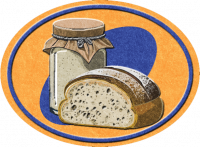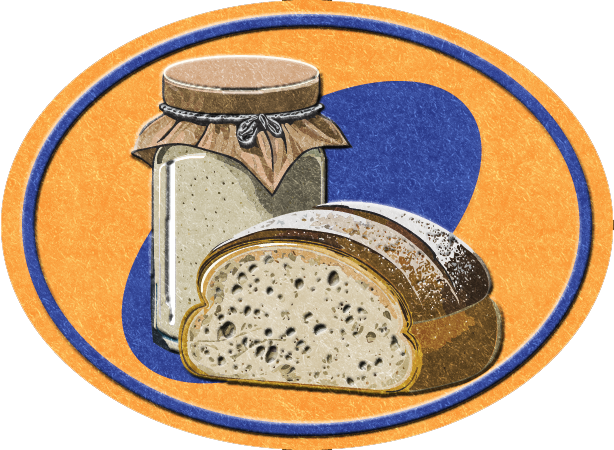AY Honor Fermentation Requirements
1. Explain the history and origins of fermentation. Discuss how at least two cultures have used fermentation historically (e.g., ancient Egypt for bread, China for soy sauce) and one modern use (e.g., yoghurt production).
2. Define fermentation and describe its scientific basis. Explain the role of microorganisms (e.g., bacteria, yeast) and one key chemical process (e.g., lactic acid production, acetic acid fermentation).
3. Identify three cultures known for fermented foods or beverages and describe one specific product from each (e.g., Korea: kimchi, Germany: sauerkraut, Japan: miso). Discuss how fermentation shapes their culinary traditions.
4. Discuss three reasons for fermentation (e.g., preservation, flavour enhancement, nutritional benefits) and provide an example of a food or beverage for each reason.
5. Research and explain three health benefits of fermented foods (e.g., improved digestion, enhanced immune function, increased nutrient availability). Name one fermented food associated with each benefit.
6. Find and discuss one Bible verse about God’s provision or transformation (e.g., John 6:35, 2 Corinthians 5:17). Reflect on how fermentation — transforming ingredients — connects to God’s work in our lives or creation.
7. Create a simple fermented food or beverage (e.g., sauerkraut, yoghurt, kombucha). Follow a recipe, document the steps, and observe changes over at least three days. Note the taste, texture, or smell at the end.
8. Discuss three safety considerations for fermentation (e.g., cleanliness, proper storage, signs of spoilage). Demonstrate one safety practice (e.g., sterilizing jars, checking for mould).
9. Explore how fermentation supports environmental sustainability. Discuss two ways it reduces impact (e.g., minimizing food waste, lowering processing energy) and one fermented product that exemplifies this.
10. Present your fermented food or beverage to your group or leader. Share the process, challenges, results, and one lesson learned. Suggest one improvement for future attempts.



